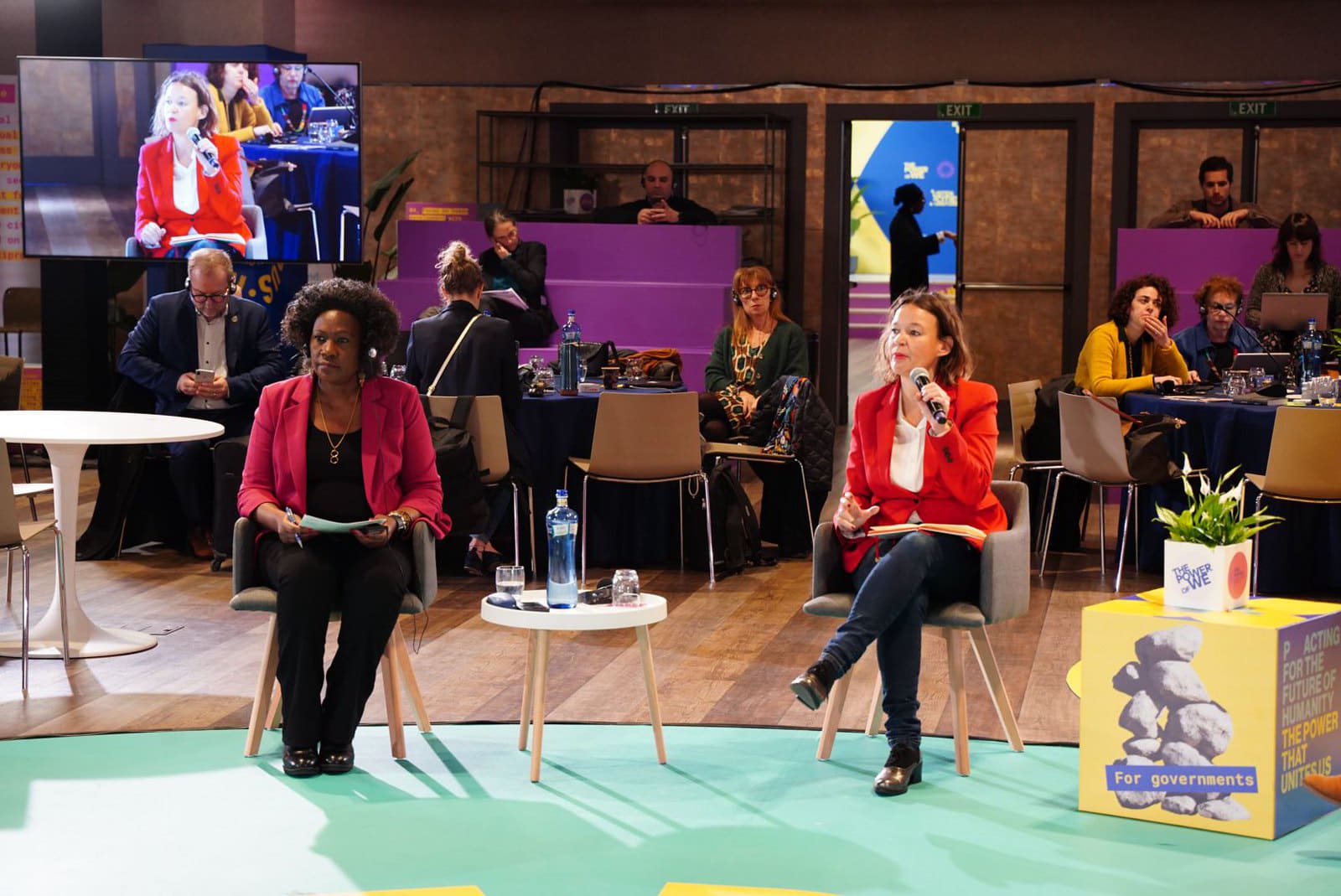Localisation has been recognised as essential for achieving the SDGs and the 2030 Agenda and meaningful and lasting progress. It involves adapting the global goals to the local context, empowering communities to take ownership, and recognising that solutions to complex challenges often originate at the grassroots level, where individuals and communities are intimately familiar with their needs, strengths and priorities.
Local and regional governments are showing the transformative power of localising the SDGs worldwide, and the facility aims to accompany and multiply localisation efforts. Berry Vrbanovic, Mayor of Kitchener and Co-President of UCLG, pointed out how local action is acknowledged as a crucial accelerator towards the SDGs. He remarked, “Today is a new beginning for mainstreaming localisation. Innovative local action has been and continues to be at the forefront of achieving the SDGs. This facility represents a renewed collective space to enhance the vision and action of our members, leaving no one behind.”
Leire Pajín, President of the Spanish Sustainable Development Network (REDS), underscored the need to build, strengthen and measure the impact within the new facility, including data at the local and territorial levels. “We require territorial and local indicators and disseminate our experiences beyond local borders. There are so many networks, but we are not all connected. We need a continuous and permanent space to be more efficient,” she stressed. Sharing insights from her network, Pajín emphasised the importance of active listening, collaborative problemsolving, and creating ecosystems in cities that work towards the same goal.
In an insightful address, Mehmet Duman, Secretary General of UCLGMEWA, shared the progress of his members in the localisation of the 2030 Agenda localisation, highlighting the importance of the UCLG Local4Action Hubs. He emphasised the significance of addressing culture and heritage within the SDGs in his region, innovating with an SDG18 to address culture and heritage, citing examples from Tehran and Türkiye.
Shi Qi, from the Center for International Friendship of Cities, Xi’an Municipal Foreign Affairs Office, shared that one of the challenges in his region is the ageing population. He highlighted initiatives targeting youth and cross-cultural communication by designing SDG courses for universities. “Big data, digitalisation and international cooperation are also key to allowing more young people to participate in projects and localise the SDGs.”
Federica Bordelot, Director of Policy and Impact at the Council of European Municipalities and Regions (CMR), emphasised the urgency of the Local4Action Facility. “With only 17 per cent of the SDGs on track, we need to do more. This is the moment for launching this new instrument, this new tool, as a space for collective actions,” she noted. Bordelot hoped the facility would enable members to work more collectively and in partnership with multi-level governance institutions, “driven by active localisation and involving all members to re-think and re-interpret the SDGs.”
Lastly, Rebecca Ochong, Associate Director of Global Affairs and Advocacy at Habitat for Humanity, underscored the critical importance of localising the SDGs, particularly in addressing housing challenges. “With 2.8 billion people not having access to adequate housing, and 1.1 billion still living in informal settlements,” initiatives such as the global advocacy campaign “Home Equals” strive to leverage global advocacy to advance SDG localisation in informal settlements worldwide, where many SDG indicators are yet to be met.
During the session, participants were invited to reflect on how UCLG, as a world organisation, contributes to the localisation of the SDGs. In the interactive exercise, participants shared which SDGs they worked most with and what priorities they saw for the Local4Action Facility. These included a whole-society approach, making localisation more visible, telling the story differently, consistency, and linking actions to the SDGs with appropriate language. “This is the facility’s goal: Get everything we are doing together, coordinate better, and discover what we are already doing to advance with active localisation,” the moderators concluded.


 This publication was produced with the financial support of the European Union. Its contents are the sole responsibility of UCLG and do not necessarily reflect the views of the European Union.
This publication was produced with the financial support of the European Union. Its contents are the sole responsibility of UCLG and do not necessarily reflect the views of the European Union.